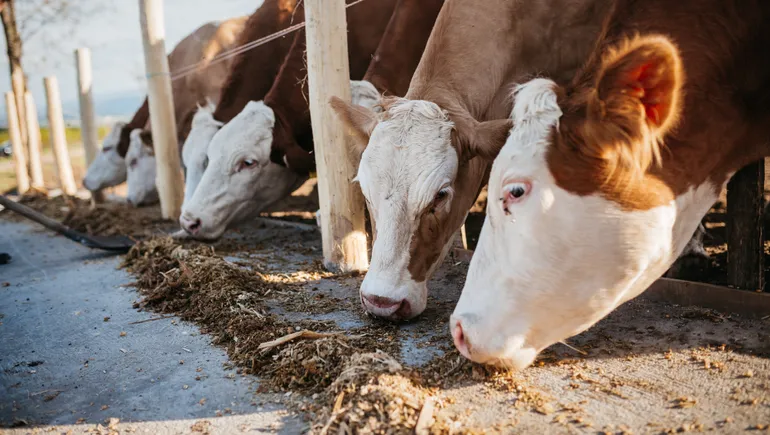Listen to the article 2 minutes This audio is automatically generated, please let us know if you have any feedback.
Tyson Foods is stopping sales of beef raised without antibiotics, a year after reintroducing antibiotics into its poultry supply chain.
The meat processor said in a statement that it would continue to sell antibiotic-free beef “based on market demand.” Tyson added that its commitment to antibiotic stewardship remains unchanged.
“Tyson Foods is committed to preserving the health and welfare of animals in our supply chain. We make decisions based on solid science and evolving understanding of best practices that impact our customers, consumers and the animals in our care,” the company said.
In a 2022 website post, Tyson noted that ranchers from whom it sources beef for its products “may use small amounts of FDA-approved growth promoters to enhance lean weight gain rates.”
Tyson’s all-natural meat brand, Open Prairie, which previously sold antibiotic-free beef, no longer lists antibiotic-free beef on its website. Open Prairie continues to offer pork.
Over the past decade, the meat industry has moved away from its reliance on animals raised with antibiotics as consumers have become increasingly aware of the dangers of antibiotic resistance, while meat raised without antibiotics is more expensive to produce and costs more in grocery stores.
In 2017, Tyson announced it would eliminate antibiotics from its poultry supply chain, but last summer there were signs the company was reversing that decision: Tyson removed the “antibiotic-free” label from some of its chicken products and resumed using birds raised with antibiotics.
Perdue Farms, one of Tyson’s biggest rivals in the chicken market, told Agriculture Dive last week that it remains committed to an antibiotic-free supply chain.
Meat products claiming to be antibiotic-free have come under intense scrutiny from public health officials over the accuracy of their labels: A 2022 study published in Science magazine found that 42% of farms certified as “antibiotic-free” had at least one animal that tested positive for antibiotics.


